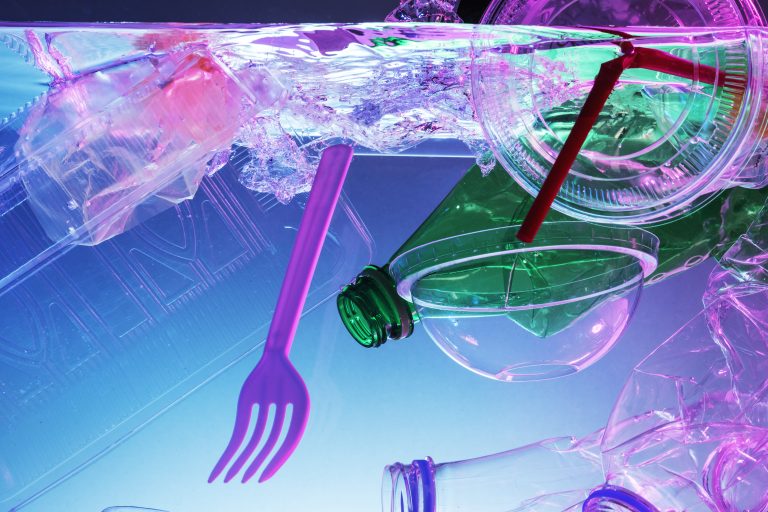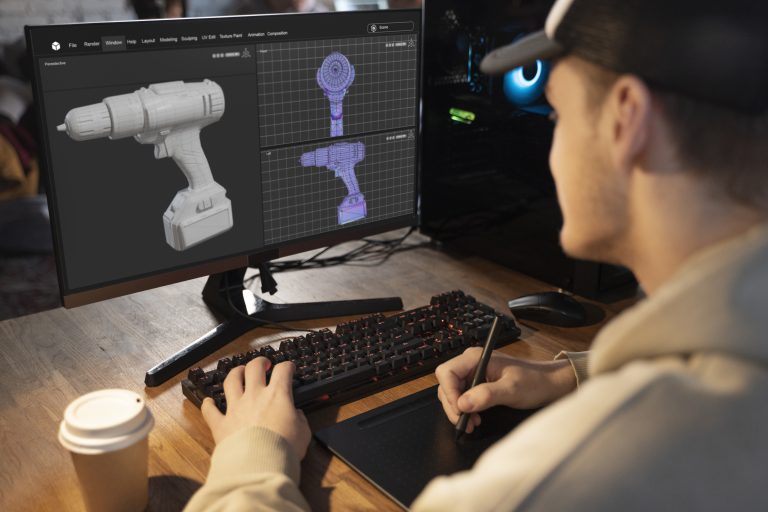Acrylonitrile Butadiene Styrene, a common thermoplastic used in injection moulding, known for its impact resistance and toughness.
ABS plastic, or Acrylonitrile Butadiene Styrene (ABS), is a widely used thermoplastic polymer known for its strength, durability, and impact resistance. It is composed of three main monomers: acrylonitrile, which enhances chemical resistance and heat stability; butadiene, which provides toughness and flexibility; and styrene, which gives a smooth, glossy finish and rigidity. ABS material is lightweight, easy to mold, and resistant to wear, making it ideal for various applications. Common ABS plastic products include automotive parts, electronic housings, LEGO bricks, helmets, pipes, and consumer goods. Due to its excellent mechanical properties and cost-effectiveness, ABS polymer is widely used in manufacturing and 3D printing.
Applications of ABS Plastics in industries
- Automotive Industry – Used in dashboards, bumpers, and interior trim for its impact resistance and durability.
- Electronics – Found in laptop cases, keyboards, and TV frames due to its rigidity and heat resistance.
- Household Appliances – Used in vacuum cleaner bodies, refrigerator linings, and kitchen appliances for its strength and chemical resistance.
- 3D Printing – A popular material for 3D printing due to its ease of shaping and durability.
- Toys – Commonly used in manufacturing LEGO bricks and other durable plastic toys.
- Medical Equipment – Used in medical device housings and instrument panels due to its hygienic properties.
- Protective Gear – Found in helmets, knee pads, and other safety equipment because of its impact resistance.
- Piping Systems – Used in plumbing pipes and fittings for its toughness and resistance to corrosion.
- Construction Materials – Utilised in wall panels, cladding, and other building materials for its durability.
- Luggage and Suitcases – Preferred for its lightweight yet strong characteristics, making travel gear more resilient.




